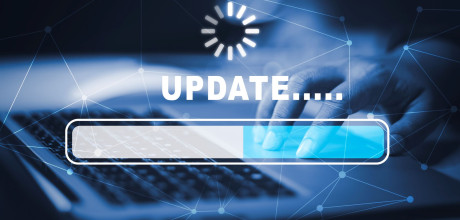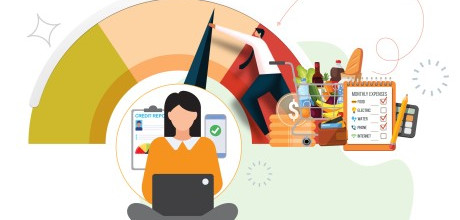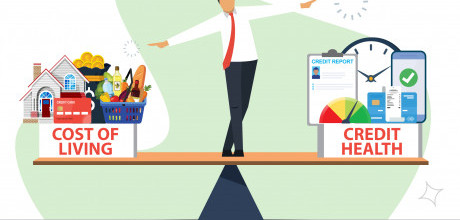Small amount credit contracts (also known as 'Payday loans')
Payday loans are high-cost, short-term loans that are unsecured (they do not require details of an asset to be provided as security for the loan, such as property or a car). These loans have a credit limit up to $2,000 and a loan term between 16 days and 12 months.
They are called payday loans because the original idea was that borrowers would pay the loan back when they got their next pay cheque. But often that is not how it works, and borrowers may end up struggling to repay the loan once all of the fees and charges are added.
Can I get a payday loan if I have bad credit?
The simple answer is yes, some providers do offer loans to people with a bad credit history.
Lenders may check your credit history which includes your credit report and sometimes your credit score. They may also look at your last 90 days of bank transaction information to check for other current or past payday loans, income, expenses and other information.
The approval time may be quick, however these products usually attract high costs of a 20% establishment fee and 4% monthly fee. The short repayment period and higher costs may also place further strain on your financial position, resulting in needing to take out additional loans.
It is important for you to explore other options that might be more helpful to your financial situation, including:
· If you are struggling with your existing debt or loan payments, you can ask your credit provider to help you (rather than taking out a new payday loan).
· If you can't pay your electricity, gas, phone or water bill, contact your service provider straight away. They have options they can explain to you.
· Access free financial counselling services, such as National Debt Helpline. ASIC's MoneySmart website also contains a list of free counselling services
· Seeing if you might be eligible for a No Interest Loan from Good Shepherd which helps you borrow money quickly to pay for unexpected repairs or household essentials like appliances and furniture.
What else can I do?
Instead of locking yourself into a high-cost loan, it’s better to get your credit health back on track. It’s not so quick, but it’s worth it in the end. Not only could you get a better deal on your loan, but the steps you can take are great for establishing useful financial habits for life. Over time, as your credit record improves, you’ll start enjoying greater access to loans at a much more reasonable rate.
Steps to improve your credit health
- Stay on top of your payments: Paying your bills and loans on time is one of the best ways to protect your credit health. Your credit report shows a 2-year history of how you manage repayments, so staying up to date — or getting back on track — can make a big difference. Set reminders or automate payments to help you stay consistent.
- Ask for help early: If you're finding it hard to keep up with repayments, contact your lender. They may be able to offer support before things get worse.
- Only apply for credit when you need it: Opening too many credit accounts at once can raise red flags for lenders. All credit applications stay on your report for five years, so apply wisely.




